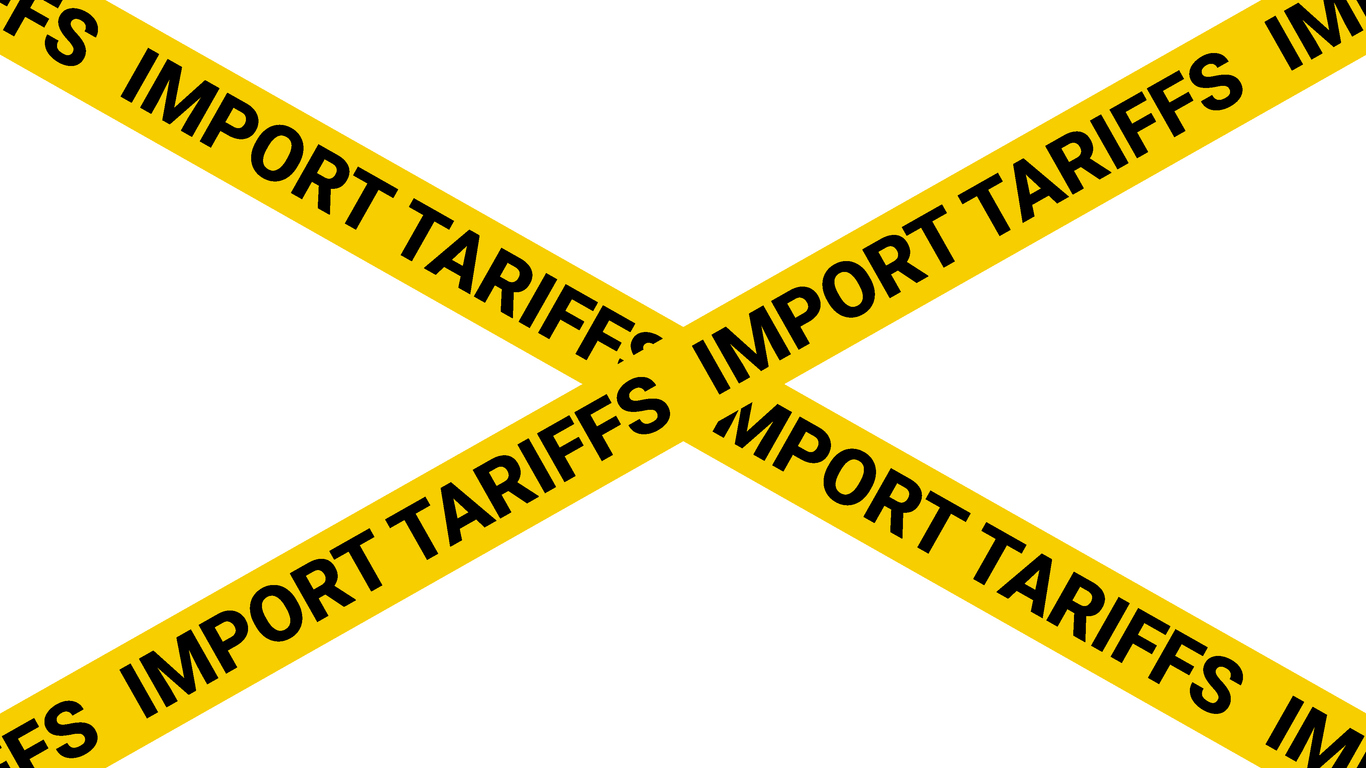How to Enter the Nigerian Market: A Comprehensive Guide for Success
Nigeria, Africa’s largest economy and most populous country, offers immense opportunities for businesses looking to expand into new markets. With a fast-growing middle class, increased digital adoption, and a youthful population, the Nigerian market is ripe for investment. However, entering this dynamic market requires strategic planning and understanding the local landscape.
Why Invest in Nigeria?
- Population: Over 200 million people, with a median age of 18, offering a vast consumer base.
- Growing Economy: A GDP of over $500 billion with sectors like agriculture, technology, oil, and retail driving growth.
- Digital Adoption: Increased internet penetration and mobile phone usage create opportunities in e-commerce and fintech.
- Strategic Location: Nigeria serves as a gateway to the larger West African market.
Steps to Enter the Nigerian Market
1. Conduct Market Research
Understanding the Nigerian market is essential for successful entry. Research should focus on:
- Consumer behavior: Preferences, purchasing power, and trends.
- Competitors: Existing players in your sector and how they operate.
- Regulatory environment: Local laws, taxation, and compliance requirements.
Pro Tip: Partner with a local market research agency to gather accurate insights.
2. Choose the Right Market Entry Strategy
Based on your business goals, select a suitable approach:
- Direct Exporting: Sell your products directly to Nigerian customers or retailers.
- Partnerships: Collaborate with local distributors or companies with market expertise.
- Local Presence: Establish a subsidiary, branch office, or manufacturing plant in Nigeria.
- E-Commerce: Leverage platforms like Jumia, Konga, or build your own online store.
3. Understand Legal and Regulatory Requirements
Nigeria has specific legal and regulatory frameworks that businesses must adhere to:
- Business Registration: Register your business with the Corporate Affairs Commission (CAC).
- Tax Compliance: Obtain a Tax Identification Number (TIN) and comply with the Federal Inland Revenue Service (FIRS) requirements.
- Import Regulations: If exporting goods, comply with Nigeria Customs Service guidelines and secure import permits.
- Sector-Specific Licenses: Certain industries (e.g., oil and gas, telecoms) require special permits.
4. Adapt to Local Preferences
Customize your offerings to meet Nigerian tastes, preferences, and cultural values:
- Pricing: Ensure your pricing aligns with the purchasing power of your target audience.
- Marketing: Use relatable messaging and leverage local languages and trends.
- Product Adaptation: Modify products or packaging to suit local needs (e.g., smaller package sizes for affordability).
5. Leverage Digital Platforms
Nigeria’s growing digital economy provides opportunities for cost-effective market entry:
- Social Media Marketing: Platforms like Instagram, Facebook, and TikTok are popular for brand promotion.
- Influencer Partnerships: Collaborate with local influencers to build brand awareness.
- E-Commerce: Sell your products online via marketplaces or direct-to-consumer websites.
6. Build Strong Local Partnerships
Partnering with Nigerian businesses can help you navigate the local landscape:
- Distributors and Retailers: Find reliable partners with an established network.
- Government and NGOs: Engage with government bodies or organizations for support in navigating regulations.
- Consultants: Hire local experts to provide market insights and operational support.
7. Overcome Challenges
Entering the Nigerian market comes with challenges such as:
- Infrastructure Gaps: Plan for logistics and supply chain hurdles.
- Currency Fluctuations: Use financial hedging strategies to manage exchange rate risks.
- Corruption and Bureaucracy: Work with experienced legal and compliance teams to ensure smooth operations.
8. Build Trust with Nigerian Consumers
Nigerian consumers value trust and authenticity. Build credibility by:
- Providing excellent customer service.
- Being transparent about your product offerings.
- Engaging with your audience through social media and community events.
Industries with High Potential in Nigeria
- Agriculture: Opportunities in food production, processing, and export.
- Technology and Fintech: Digital payment systems, apps, and IT services.
- E-commerce and Retail: Consumer goods, fashion, and electronics.
- Real Estate: Affordable housing and commercial properties.
- Healthcare: Medical equipment, pharmaceuticals, and health tech.
Why Wigmore Trading Is Your Ideal Partner
At Wigmore Trading, we specialize in helping businesses enter and thrive in the Nigerian market. Our services include:
- Market research and entry strategies.
- Import/export facilitation and logistics.
- Local partnerships and regulatory compliance support.
Contact us today to learn how we can assist in making your market entry smooth and successful.








Comments are closed.